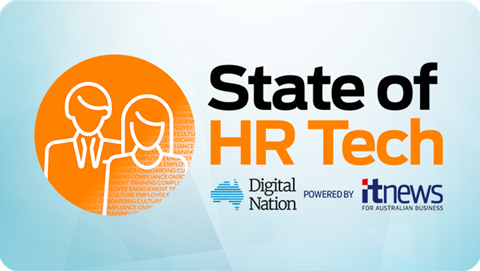To close the current skills gap, RMIT Online interim CEO Claire Hopkins said leaders should be upskilling and learning new ways of working.

A new study by RMIT Online and Deloitte Access Economics shows that the skills gap is costing Australia $3.1 billion a year and to close it, it would only cost $1.5 billion, nearly half of what it is costing the country.
Hopkins told Digital Nation, “Leaders should be considering how they can build capabilities internally through upskilling and reskilling learning solutions. But training done right isn’t always easy to deliver.”
The RMIT Online report highlighted the ways employers can get the most out of training.
“By establishing a dedicated learning and development budget, dedicating time for regular learning at work, rewarding employees for undertaking training, and by testing job candidates’ skills before hiring. In addition, employees value on-the-job training, formal qualifications, and certifications the most.”
Hopkins explained that technology is developing at an increasingly rapid rate and it's difficult for the workforce to keep up.
"As a result, the pool of skilled talent is getting increasingly smaller compared to the demand.
“The solution requires government, businesses, education providers and individuals to all come together to continually deliver upskilling opportunities fit for the future of work,” she said.
“Given the speed that technology and business is evolving, learning can’t stop when you receive your degree in your 20s. We’re seeing the need for education to become much more fluid to prepare both today’s workforce and tomorrow’s.”
If we want to have a workforce equipped with the right capabilities, we must shift our perceptions of learning and adapt to employees’ needs, Hopkins said.
“That means, learning must be accessible through a range of modes (face to face, fully online, blended) to suit the learner, and new formats like short course qualifications in emerging areas create opportunities for working adults to acquire in-demand skills,” she added.
Hopkins said that leaders across all sectors have been shouting about the talent crunch.
“Our report found that the average job ad was listed for 31 days, indicating that it is harder and harder to find good talent,” she said.
“While this is by no means a new problem, it has been compounded by COVID, border closures and fewer migrants, already underemployed workers, along with those reconsidering the role of work in their lives.”
Hopkins added, “Technology moves quickly, and one challenge we’re seeing is how organisations, educational institutions and governments can keep up with the break-neck speed of innovation and the new associated risks.”


_(23).jpg&h=140&w=231&c=1&s=0)

_(20).jpg&h=140&w=231&c=1&s=0)
_(22).jpg&h=140&w=231&c=1&s=0)




_(26).jpg&w=100&c=1&s=0)
 iTnews Executive Retreat - Security Leaders Edition
iTnews Executive Retreat - Security Leaders Edition











_(1).jpg&h=140&w=231&c=1&s=0)



